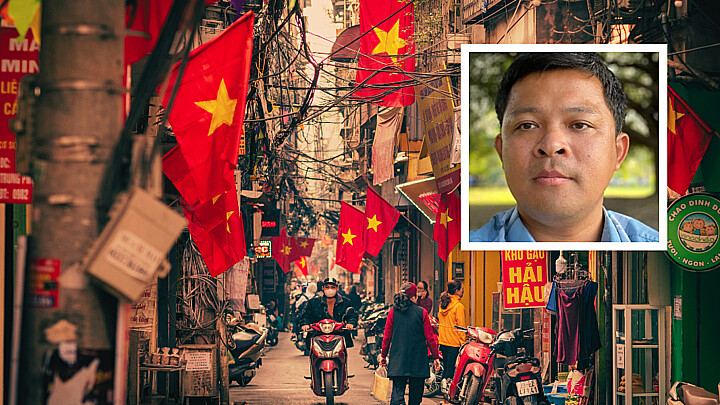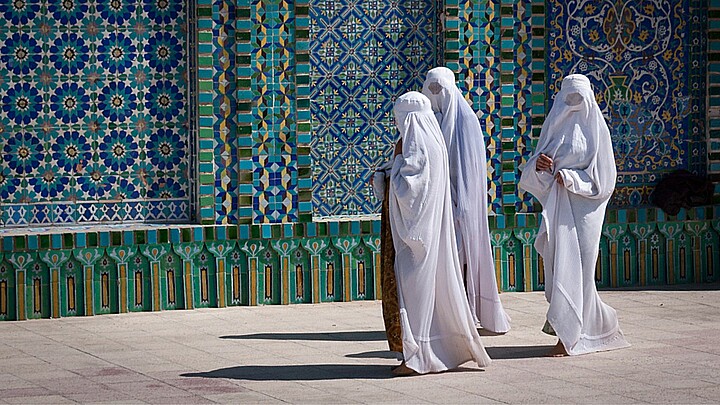Human Rights
Pope Francis criticized for renewing Beijing bishop deal as Hong Kong cardinal case reopens
The Vatican agreed to recognized bishops appointed by the CCP, including those they did not approve.
October 28, 2022 6:10pm
Updated: October 29, 2022 12:02pm
Pope Francis was criticized for renewing a controversial agreement with China, under which it would recognize bishops appointed by Beijing, just days before Cardinal Joseph Zen Ze-kiun’s trial in Hong Kong resumed.
The Holy See announced they renewed the deal the same day that Chinese President Xi Jinping consolidated power at the 20th Chinese Communist Party Congress, reports The Times of London.
Under communism, Chinese Catholics are split between an underground church that swears loyalty to the Vatican and the state-sponsored Catholic Patriotic Association.
Zen, who was arrested in May for running a legal fund for pro-democracy activists, had accused the Vatican of betraying underground Catholics on the mainland.
“They’re [sending] the flock into the mouths of the wolves. It’s an incredible betrayal,” he said at the time.
Zen’s trial resumed Wednesday, where charges against him were reduced from working for foreign agents for failing to register a charitable organization.
Bernardo Cervellera, a missionary priest based in Taiwan and former director of the Vatican’s Asian News agency, said that the CCP was using the secret terms of the deal to pressure Chinese Catholics into accepting the government’s influence in church affairs.
“The underground church is under great pressure. Priests have been leaving to work in factories or as farmers because they don’t want to sign an act of submission to the regime,” Cervellera told The Times.
He continued: “Many of the bishops of the clandestine church are under house arrest, under 24-hour surveillance or in prison. There have been just four new bishops and the country needs 40. The problem is that the members of the underground church have to declare their support for socialism, the Communist Party and Xi. The underground church is finding it very hard. There is respect for the Pope but a lot of suffering.”
The Vatican has defended the agreement as opening a way to engage in a direct dialogue with China over the role of the church there.
Cervellera agreed, adding, “I think the Pope doesn’t want to be crushed between [the U.S. and China] or for the church to be seen as western, which it is not. He wants to keep his hands free for a possible mediation.”
Michael Sheridan, a longtime Far East correspondent for The Sunday Times, said Francis making the most of a weak hand.
“The Pope has a dilemma because China practices hostage diplomacy and the Vatican has little bargaining power,” he said. “The church thinks long term and has to keep all its Chinese flock in mind. Sometimes silence is its only weapon.”








